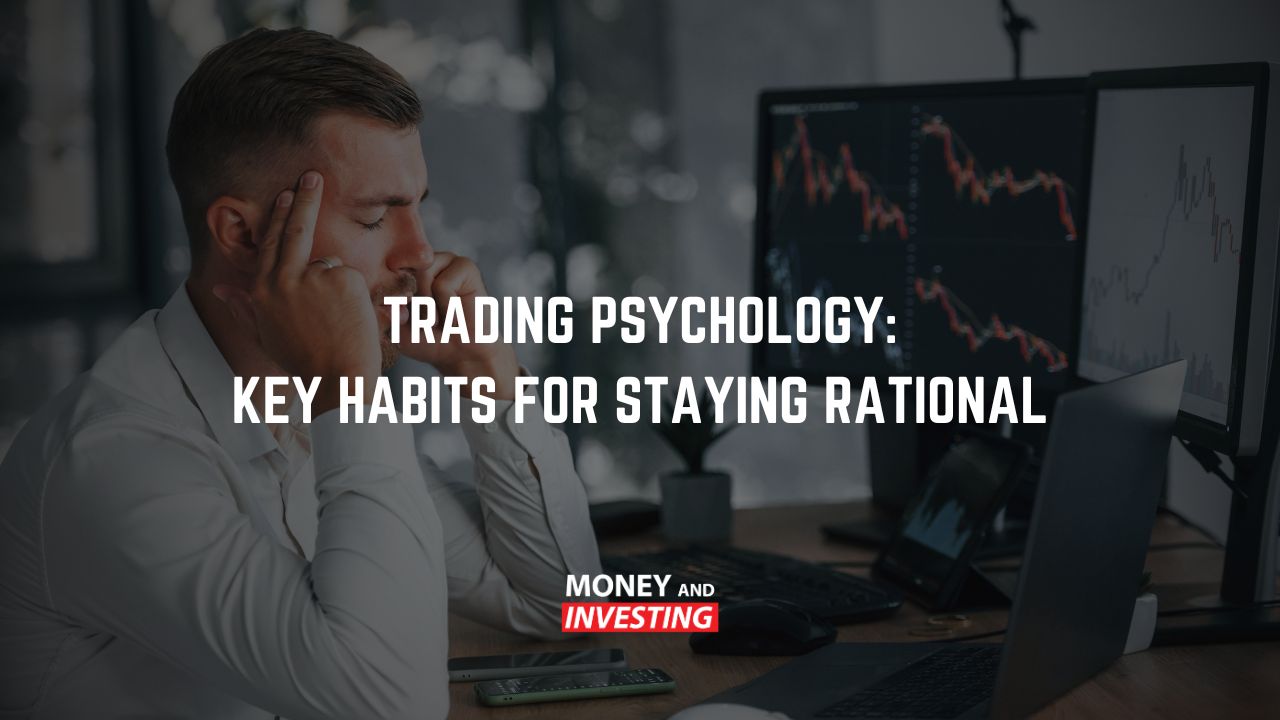Market volatility is an inevitable part of investing. But while you can’t control the market, how you respond to its ups and downs can define your long-term success. Beneath every trading decision lies more than just data or technical indicators — there’s the often-overlooked element of trading psychology.

Emotional Discipline: The True Edge in Trading
All traders develop skill sets over time. But what separates consistent winners from the rest isn’t just strategy — it’s emotional control. Successful traders don’t just analyze charts and follow trends; they manage fear, resist greed, and stay rational in high-stress situations.
The Role of Emotions in Trading
When markets move sharply, emotional reactions like panic, greed, or hesitation often override logic. These emotions can cause traders to:
- Panic-sell during dips
- Chase trends out of fear of missing out
- Freeze up and miss key opportunities
Without emotional discipline, even the most well-researched plans fall apart. Trading psychology is what creates the noise, and learning to filter it out is crucial for staying focused and following your system.
Why Timing the Market Rarely Works
Trying to perfectly time the market — buying at the bottom and selling at the peak — sounds smart, but it's nearly impossible. Most investors actually do the opposite, buying high and selling low.
Research shows that missing just the top 5 trading days in a year can reduce returns by over 70%. That’s why consistently staying in the market often outperforms trying to outsmart it.
Building Emotional Discipline in Trading
Disciplined traders follow structured systems that reduce emotional decision-making. Here are a few habits they rely on:
- Set predefined limit orders to remove impulse decisions.
- Define objective entry and exit points using technical indicators.
- Review past trades to reflect and improve performance over time.
These steps allow traders to stay aligned with their strategy, not their emotions.
Common Psychological Traps to Avoid
Becoming aware of common mental pitfalls can drastically improve your decision-making:
- Overconfidence: Believing you can predict the market leads to reckless trades.
- Underconfidence: Letting past losses paralyze your decision-making.
- Confirmation Bias: Only seeking out information that supports your current views.
- Negativity Bias: Focusing on past losses and expecting the worst.
- Herd Mentality: Following the crowd without a clear rationale.
Recognizing these tendencies is the first step toward overcoming them.
Setting Clear, Achievable Trading Objectives
Establishing clear rules and goals will help you stay consistent:
- Define triggers for buying and selling ahead of time.
- Use technical analysis to guide decisions, not headlines.
- Practice radical open-mindedness by evaluating both sides of any trade.
- Recognize emotional blind spots that may skew your judgment.
- Keep a trading journal to track decisions, outcomes, and emotions.
Plan Ahead to Reduce Risk
Risk management works best before you need it. Implementing stop-loss orders, using protective options, and securing gains during strong markets can significantly reduce exposure during downturns.
For example, using dividends to purchase protective puts is a smart way to lock in gains while limiting downside risk — all without emotional scrambling when the market dips.
The Power of Pre-Planning
Decisions made in calm, objective moments are often the best. Predefined buy and sell levels reduce the stress of in-the-moment choices. Limit orders and exit rules help you stay focused, even when volatility strikes.
Having a clear plan removes the temptation to chase extra gains, which can often lead to bigger losses.
Final Thoughts: Mastering the Inner Game
Trading isn’t just about making money — it’s about mastering yourself. It takes courage to enter the market, but it takes discipline to stay in.
Success is built on:
- A clear and tested strategy
- Emotion-free decision-making
- A long-term perspective
- Acceptance of short-term losses
- A willingness to learn and adapt
Remember: you can’t control the market, but you can control how you react to it. With the right mindset and habits, you’ll not only make better trades — you’ll become a better trader.
Comments
Post a Comment